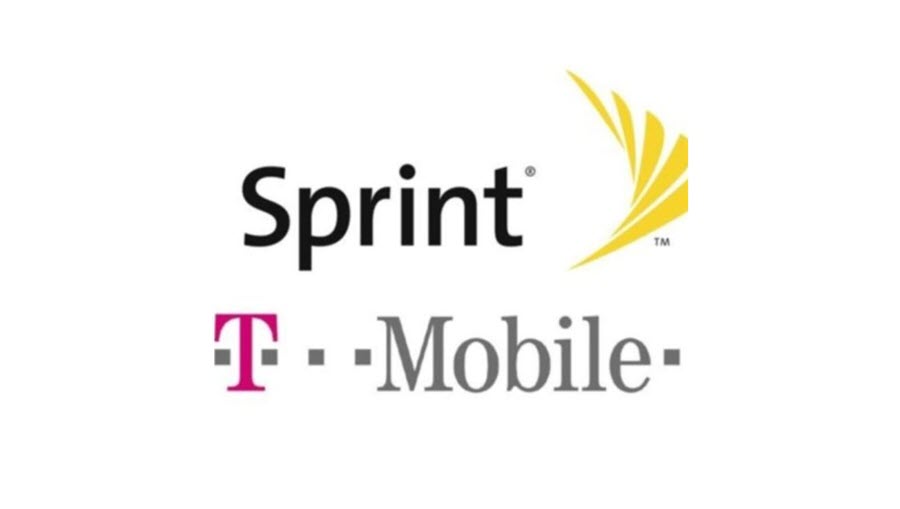T-Mobile, Sprint Complete Merger

The smarter way to stay on top of the multichannel video marketplace. Sign up below.
You are now subscribed
Your newsletter sign-up was successful
After a nearly two-year slog through the federal approval process and a brief scuffle with a handful of states' attorneys general, T-Mobile dragged its $26 billion merger with Sprint Corp., across the finish line Wednesday, creating what it hopes to be a much stronger No. 3 wireless carrier.
T-Mobile first announced its intention to merge with Sprint on April 29, 2018, confirming what had been at the time one of the worst kept secrets in the telecom business. The merger faced some backlash from consumer groups objecting to the removal of a viable wireless competitor (Sprint), but the company managed to pass federal regulatory muster by agreeing to conditions to sell its prepaid wireless business and a chunk of spectrum to Dish Network. Last year, a handful of states’ attorneys general -- including AGs in New York and California -- sued to block the deal, but a federal court ruled in favor of the telecom companies in February.
With the closing of the merger, the New T-Mobile will be led by former T-Mobile chief operating officer Mike Sievert. Sievert had been expected to assume the CEO role from John Legere on May 1, but the company said it decided to accelerate the transition.
“I’ve been fortunate enough to lead this company for the past seven years, but now it’s time for me to hand the reins over to Mike Sievert,” Legere said in the press release. “The Board of Directors and I agree that it makes perfect sense for Mike to assume his leadership role on day one of the new company. He’s ready!”
The new T-Mobile has committed to spend about $40 billion over three years on 5G deployment and to expand its rural wireless service to reach 59.4 million homes. It has also promised to deploy a new in-home broadband option to more than 52% of U.S. ZIP codes, with a plan to obtain 9.5 million U.S. households by 2024, with 20% of those homes in underserved areas. The new T-Mobile also expects to build 600 additional retail outlets.
“WIth this powerful network, the New T-Mobile will deliver real choice and value to wireless and home broadband customers and double down on all the things customers have always loved about the Un-carrier,” Sievert said in a press release. “T-Mobile has been changing wireless for good — and now we are going to do it on a whole new level!”
T-Mobile stock was up about 2% ($1.9 each) to $85.81 per share in early trading April 1.
The smarter way to stay on top of the multichannel video marketplace. Sign up below.
